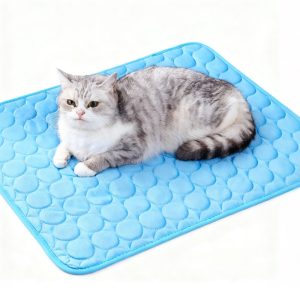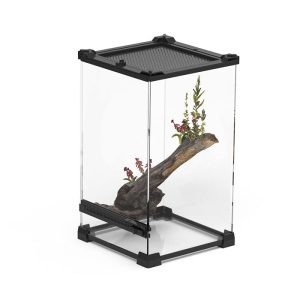What foods should Belgian Malinois dogs avoid?

Friends who own Belgian Malinois often remark that this breed is energetic and quick-witted, grasping commands swiftly during training. However, one easily overlooked aspect of their care is dietary safety. Many owners habitually share human food without realizing that some common ingredients can pose “hidden dangers” even to the relatively robust digestive systems of Belgian Malinois. Drawing on insights from experienced dog owners, we’ve compiled a list of foods absolutely off-limits, especially crucial for new owners to remember.
1. Foods Containing Theobromine and Caffeine
After training sessions, some owners casually give their Belgian Malinois leftover chocolate or coffee as a “treat,” unaware of the serious danger. One owner shared that their dog stole half a bar of dark chocolate, began vomiting and trembling within half an hour, and was later diagnosed with theobromine poisoning at the vet. These substances accelerate heart rate and affect the nervous system, potentially causing seizures in severe cases. Even a small piece of milk chocolate can cause discomfort.
II. Grapes and Raisins
Grapes and raisins, commonly found in supermarkets, are often perceived as healthy snacks. Some owners occasionally feed them to Belgian Malinois without realizing they can damage the kidneys. Veterinary records document a case where a Belgian Malinois accidentally consumed over a dozen raisins. That day, the dog became lethargic and lost appetite. By the next day, it had stopped urinating. Tests confirmed acute kidney failure. Though treatment saved its life, kidney function was permanently impaired. To this day, no one can pinpoint the exact toxin responsible or establish a “safe dose.” The best approach is to completely prevent exposure.
III. Onions and Garlic
Onion scraps left over from cooking or garlic from stews accidentally mixed into a Belgian Malinois’s food can silently damage its red blood cells. One owner noticed their dog’s urine darkening and gums turning pale over several days. A vet visit revealed hemolysis, traced back to leftover onion-flavored rice mixed into the dog food days earlier. Crucially, onions and garlic retain their toxicity even when cooked. Even small amounts can accumulate over time, causing anemia and loss of stamina during exercise.
IV. Alcohol and Xylitol
When friends gather at home, if beer or cocktails are left on low tables, curious Belgian Malinois may sneak a few licks, easily leading to poisoning. There have been cases where dogs ingested small amounts of liquor, resulting in rapid breathing and lowered body temperature, requiring veterinary intervention to recover. Additionally, xylitol—commonly found in gum and baked goods—poses significant danger. One documented case showed a dog developing hypoglycemia symptoms within half an hour of ingesting xylitol-containing gum, resulting in convulsions. Fortunately, prompt veterinary care saved the dog. Always keep these items out of your dog’s reach.
admin
-
Sale!

Washable Pet Cooling Pad for Cats and Dogs
$10.99Original price was: $10.99.$9.99Current price is: $9.99. This product has multiple variants. The options may be chosen on the product page -
Sale!

Washable Cat Window Hammock Cooling Bed
$23.99Original price was: $23.99.$22.99Current price is: $22.99. -
Sale!

Tropical Amphibian Rainforest Tank, Lizard Cage
$38.99Original price was: $38.99.$36.99Current price is: $36.99. -
Sale!

Silent 4-in-1 Waterproof Charging Dog Hair Trimmer
$49.88Original price was: $49.88.$47.99Current price is: $47.99.